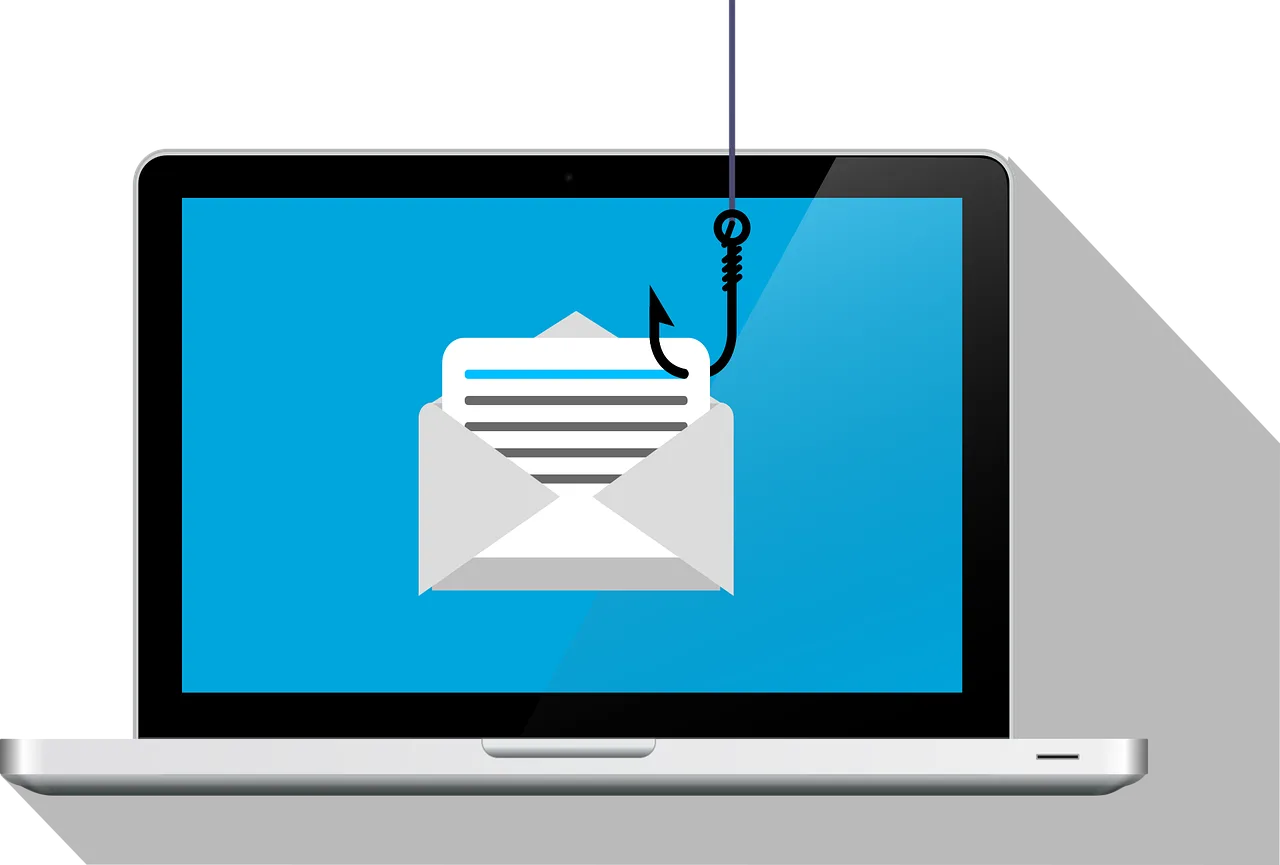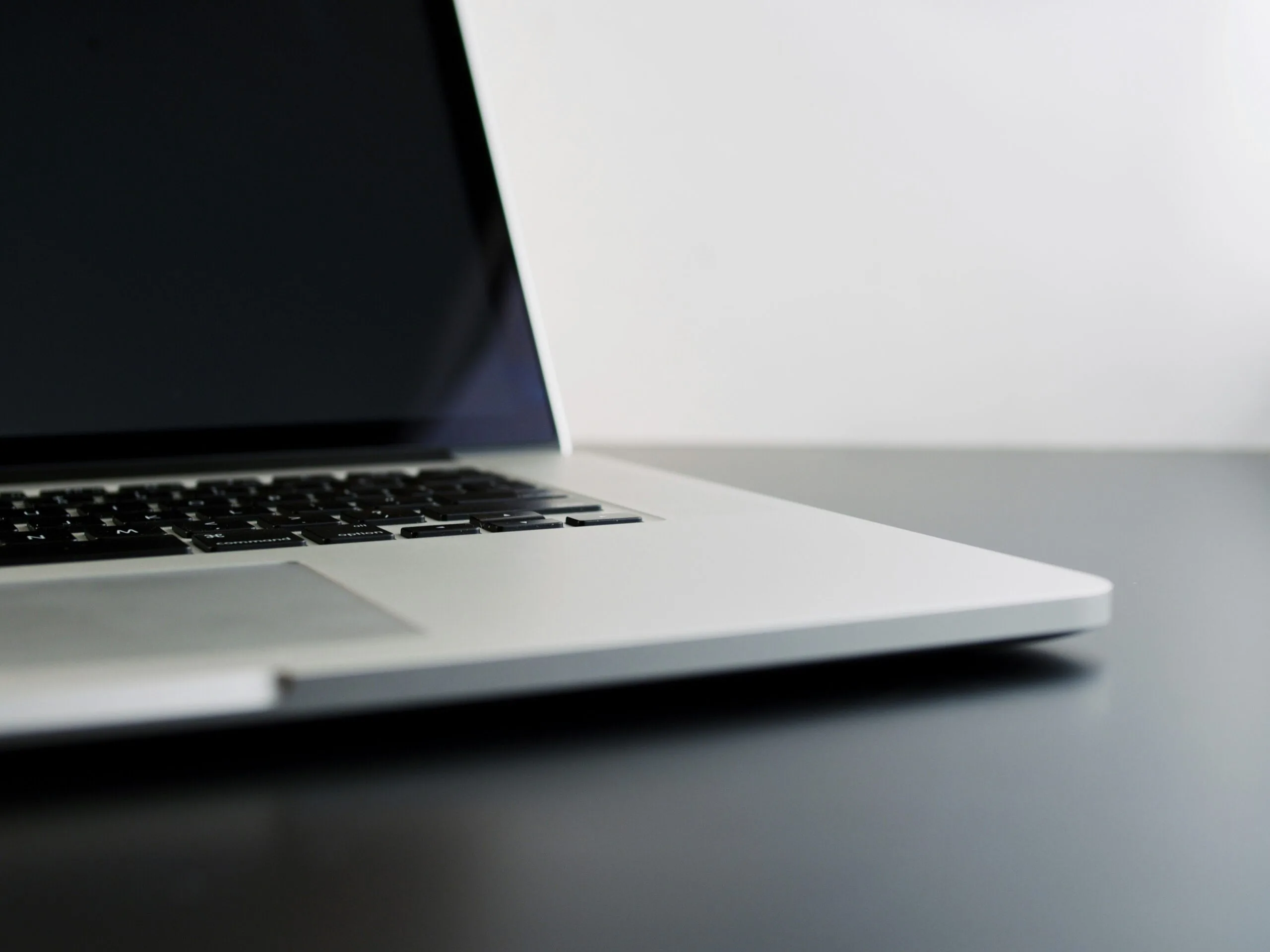Introduction
In today’s technology-driven world, a laptop has become an essential tool for both business and personal use. Whether you are an entrepreneur, a professional, or a student, selecting the right laptop can greatly impact your productivity and overall experience. With a wide range of options available, it can be overwhelming to make the right choice. In this article, we will delve into the key considerations for choosing a laptop, with a particular focus on the benefits of Windows and Apple Mac for business purposes.
Determine Your Laptop Needs
Before delving into the specifics of operating systems and brands, it is crucial to identify your requirements. Consider the following factors:
- Purpose: Are you primarily using the laptop for business-related tasks, such as word processing, spreadsheet management, or presentations? Or do you also plan to use it for multimedia activities, gaming, or graphic design?
- Portability: Will you be frequently travelling or working remotely? In that case, a lightweight and compact laptop might be ideal.
- Performance: Assess the level of processing power, RAM, and storage capacity required for your work. A laptop with sufficient performance ensures seamless multitasking and faster software execution.
Operating System Windows or Apple Mac?
Choosing the right operating system is a vital decision, as it determines the software compatibility and user experience. Let’s explore the benefits of both Windows and Apple Mac for business use:
Windows
- Wide Compatibility: Windows laptops offer compatibility with a vast range of software applications, making them a versatile choice for businesses. It allows you to run industry-specific software and enterprise applications effortlessly.
- Flexibility: Windows laptops provide a greater level of flexibility in terms of hardware options, price ranges, and customization. This makes it easier to find a laptop that perfectly suits your budget and requirements.
- Gaming and Multimedia: If your work involves multimedia editing, gaming, or other resource-intensive tasks, Windows laptops often provide a wider selection of high-performance options.
Apple Mac
- Seamless Ecosystem: Apple’s ecosystem, including Mac laptops, iPhones, and iPads, is known for its seamless integration. If you already own other Apple devices, a Mac laptop can provide a unified and efficient workflow.
- User-Friendly Interface: Apple Mac laptops are renowned for their user-friendly interface and intuitive design. The macOS operating system offers a smooth and visually appealing experience, with a focus on simplicity and ease of use.
- Security: Mac laptops are often perceived as more secure compared to Windows laptops, as macOS is less prone to malware attacks. This can be beneficial for businesses dealing with sensitive data.
Consider the Hardware
Once you have chosen the operating system, it’s important to pay attention to the hardware specifications. Key hardware considerations include:
- Processor: Opt for a laptop with a capable processor, such as Intel Core i5 or i7, or AMD Ryzen 5 or 7, to ensure smooth performance.
- RAM: Depending on your needs, a minimum of 8GB RAM is recommended for multitasking and running demanding applications.
- Storage: Decide between a traditional hard disk drive (HDD) or a solid-state drive (SSD). SSDs offer faster boot times and improved data transfer speeds, making them ideal for business use.
- Battery Life: Consider the battery life of the laptop, especially if you work on the go. A laptop with long battery life ensures uninterrupted productivity.
Additional Features and Support
Apart from the core specifications, evaluate additional features that align with your business requirements, such as:
- Connectivity: Look for laptops with an adequate number of USB ports, HDMI ports, and other connectivity options to facilitate easy data transfer and external device connections.
- Keyboard and Trackpad: If you type extensively, opt for a laptop with a comfortable keyboard. A responsive trackpad can also enhance your user experience.
- Warranty and Support: Check the warranty duration and after-sales support options provided by the manufacturer. Good customer support ensures peace of mind and timely assistance if any issues arise.
Conclusion
Choosing the right laptop for business and personal use requires careful consideration of your needs, operating system preferences, hardware specifications, and additional features. Windows laptops offer wide compatibility and customization options, while Apple Mac laptops provide a seamless ecosystem and user-friendly interface. By assessing these factors and considering your specific requirements, you can find a laptop that enhances your productivity and meets your business objectives. Remember, the right laptop is a valuable investment that empowers you to achieve your goals efficiently and enjoy a seamless digital experience.
Recent Blogs
Related posts
Where Do Deleted Files Go?
It may seem like the file is gone for good when you delete it from your computer. However, the truth is more complicated than that. [...]
New Gmail Threats Targeting Users in 2025 (and How to Stay Safe)
Cybercriminals target Gmail a lot because it’s very popular. It also integrates with many other Google services. As AI-powered hacking attacks become more common, it [...]
8 Considerations Before Buying Used Technology
We use our devices every day, so they need to work well for our needs. A device that’s slow or broken is inconvenient and can [...]








